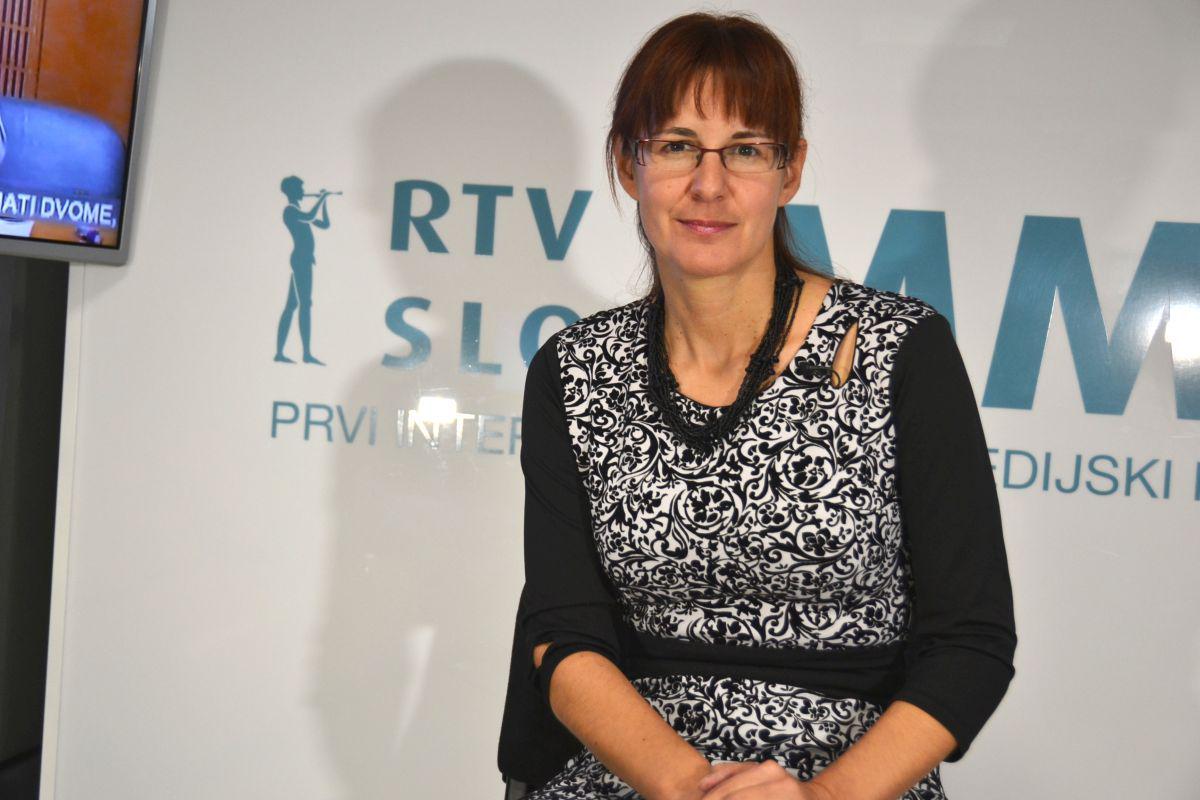
Every day, about 500 to 700 soldiers are on ground to help police cope with the current refugee crisis. About 50 are there to help Civil Protection units. The recent amendments to the Defence Act also gave the Slovenian army emergency police powers.
"Slovenian citizens usually get to know the armed forces when the latter provide help during natural disasters. Currently, they are on ground to help police and Civil Protection units cope with the influx of migrants. In 2016, the decline in defence spending will be halted. Despite being a member of the EU and NATO, we need to have an efficient army to ensure our sovereignty," Katič said about the effects of the migrant crisis on Slovenia's armed forces.
When asked about her opinion on securing the EU's maritime borders, Katič said that "Europe will have to do more to ensure that its land and maritime borders are protected."
"Most of those who are interested in working in the armed forces are 25 years old or younger, even though many older people are still in good shape, meaning that they could still work in the army. We lose many of our top experts due to age limits, and they can't pass on their knowledge to the younger generations because the army is understaffed. This issue will be debated before a new defence act is drafted. Still, the Slovenian armed forces are a relatively 'old' army. Today's Slovenian soldier has an average age of 40, while other armies are much younger – below 30 on average," the defence minister said in MMC's chatroom.
B. R., G. C.; translated by D. V.

































































